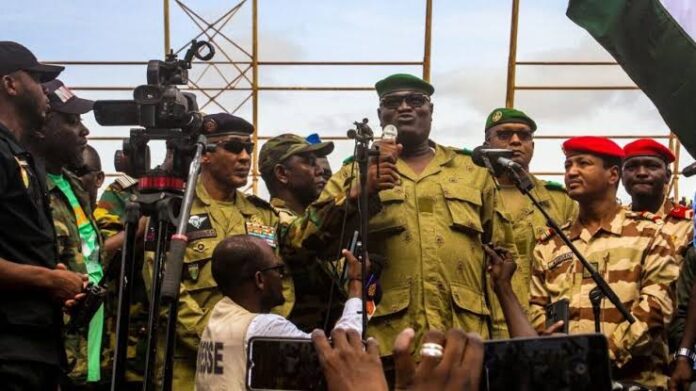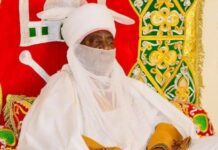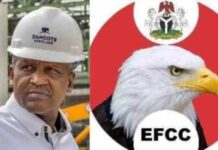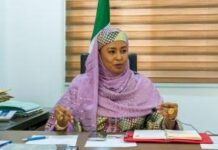Amidst calls to desist, the Economic Community of West African States (ECOWAS) says it was more likely to use military force to restore constitutional order in Niger Republic.
ECOWAS said it will not hesitate if the military junta, led by Gen. Abdourahamane Tchiani, was hellbent on his three-year transition plan before returning the country to civil rule.
Speaking on a television programme on Monday, ECOWAS Commissioner for Political Affairs, Peace, and Security, Ambassador Abdel-Fatau Musah, also dismissed insinuations that ECOWAS was acting under the influence of a foreign power.
He explained that the community’s chances of using military force to restore constitutional order in Niger were very likely.
He said: “Right from the 1960s, I have never seen a coup that has not enjoyed continuous support from the people.
“The support can be engineered; you can rent crowds; that does not imply that people are unconcerned about their future.
”The high level of youth unemployment is a factor; mismanagement of our resources is a factor, but is the military a better sort of governance of our economy? Empirical data in our region never demonstrate that. So is that the right way to go about trying to change the system?
“A few years ago, you could not even talk of an incumbent president being defeated in an election. Since about 1992, we have seen alternations of power where sitting presidents were defeated and where ruling parties were defeated, whether in Ghana, Senegal, Nigeria, Sierra Leone, or even Liberia. So there’s already progress.”
On the plan by ECOWAS to pragmatically restore peace to Niger after the crisis, he said: “What plans does the coup led by Gen. Abdourahamane Tchiani have for the country?
“They are now embarking on a blind experiment, saying they are going to have a three-year transition, they are going to consult people, so they themselves came without a plan.
“Now that they have overthrown a democratically elected government, they are thinking about alternatives.
“We have seen that where coups have occurred, we have not seen any major alternative better to save the population the military claim to save in those countries.
”So before the coup, ECOWAS had identified the cascading terrorism moving from Burkina Faso to coastal countries as an existential trend that threatened the livelihood of West African citizens and was an impediment to economic development.
”Let’s first remove that obstacle and put in place a regional plan for governance, which is already there. So there are rules and engagement for developing the country through regional and economic integration and increasing intra- and West African trade.
“All these are there, but they take time to bear fruit, and the military is not an alternative. We are just talking about West Africa as if it were an island. All these challenges we are talking about are global.
”Even in most advanced countries, ordinary people are suffering, and they have not chosen to take part in overthrowing their governments. So why here? The inflation in the US, UK, and other parts of Africa is not better than what we are seeing in West Africa today.
“In terms of ECOWAS reinstating constitutional order, it starts with consultation with all the active forces in the country, including political parties, the labour movement, and civil society organizations, they all have a say in it.
”So at the regional level, ECOWAS is already in the process of developing the economic and social council, which is the interface between civil society and policymaking in the region. The main driving slogan of ECOWAS is transforming the region from an ECOWAS of states, driven by the decisions of heads of state to an ECOWAS of the people. The process is ongoing.”











